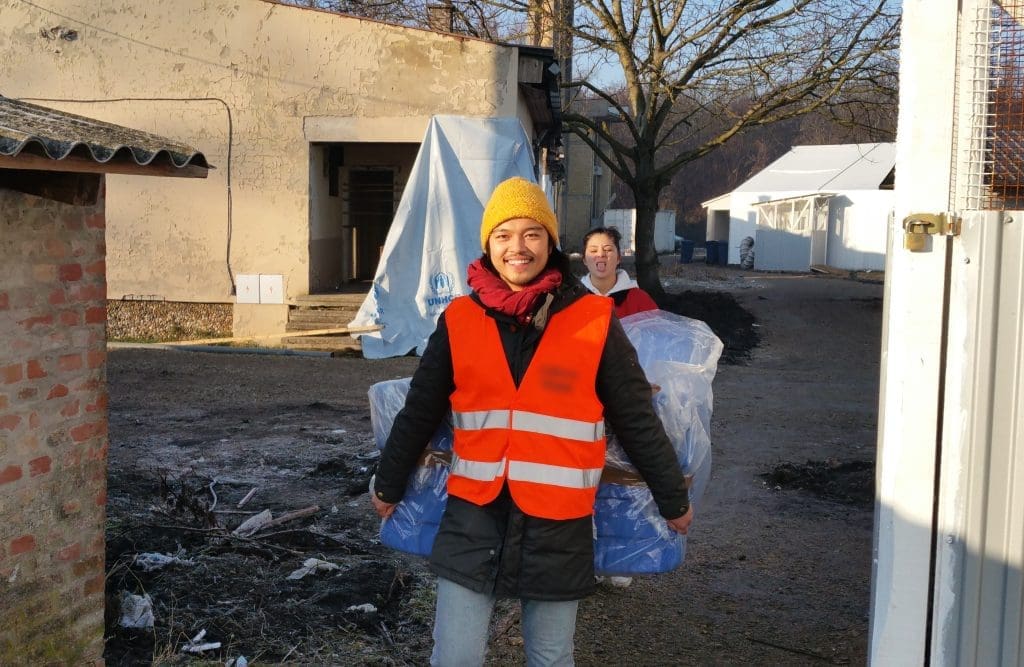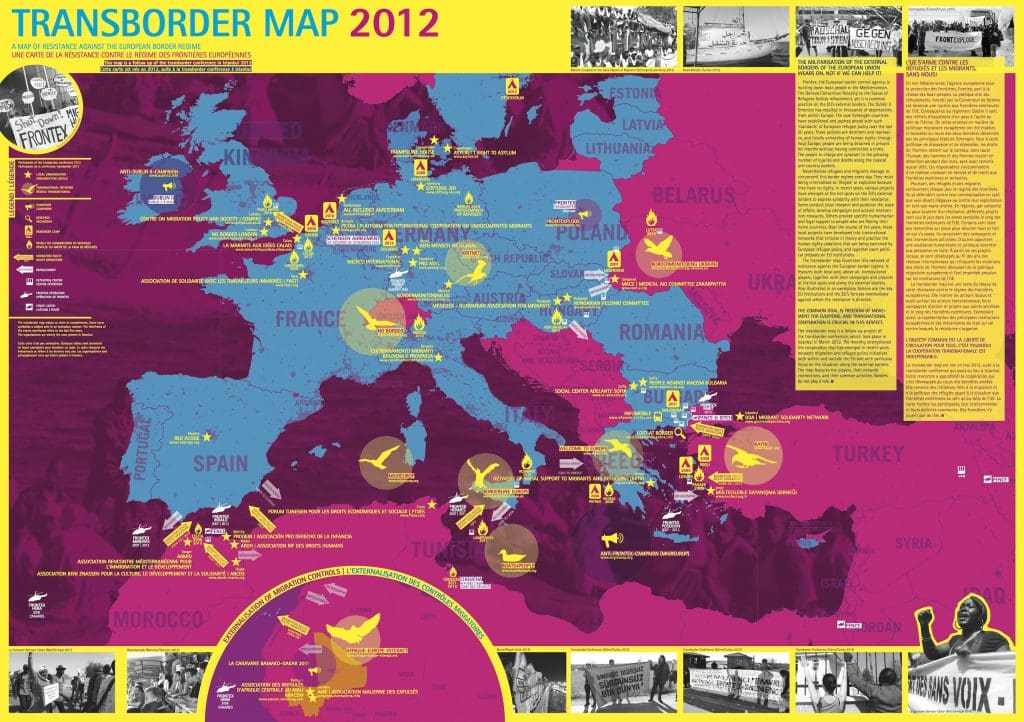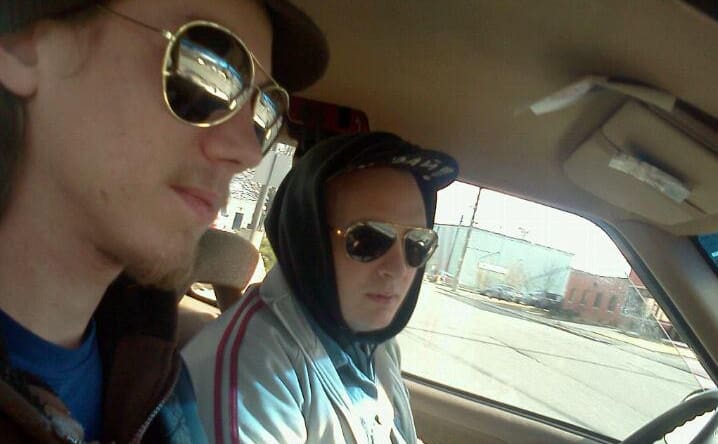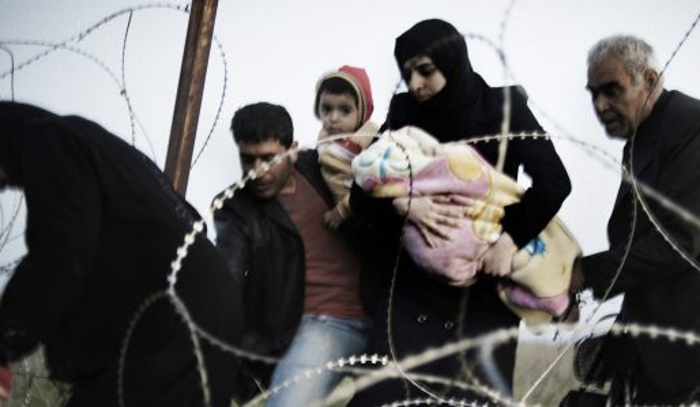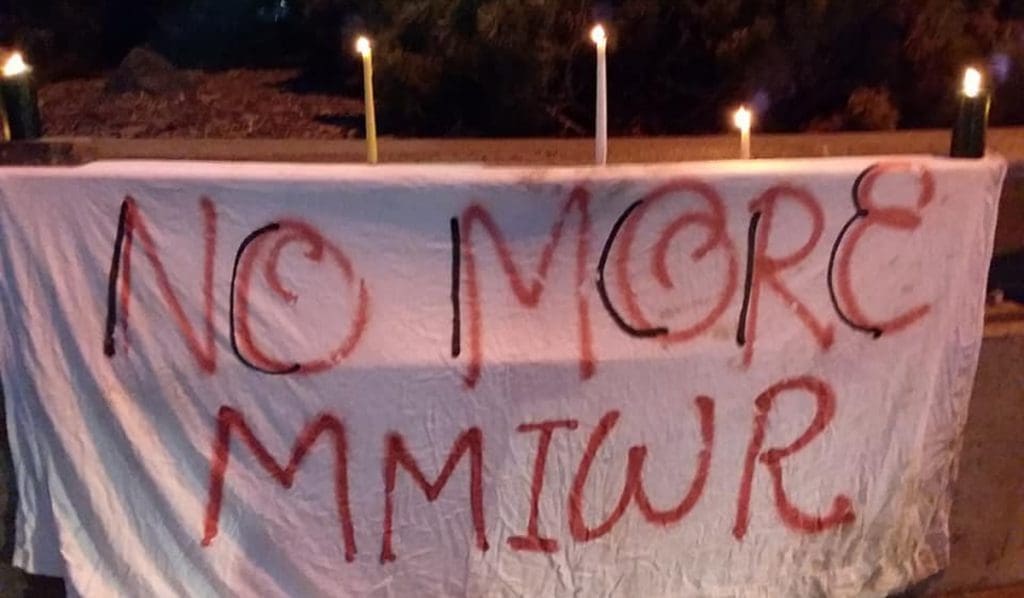AntiNote: I wrote this essay several weeks ago, days before my own departure for Serbia. Two things prevented Antidote from publishing it at the time: first, of course, our collective’s work preparing and coordinating direct solidarity efforts on the Balkanroute put the Zine in sleep mode for a time; there are only so many hours in a day. But second, I was a little unsure of the argument itself.
Fortunately, my experiences over recent weeks in Serbia—and the ongoing exchange of experiences happening among comrades operating elsewhere on the route—have made me much more confident. In other words, I have been able to independently verify all of the assertions I made—naively, I thought—in December.
I have also been made rudely aware of the potential consequences of talking shit in the name of—or even while just mentioning the names of—independent aid and solidarity organizations on the Balkranroute. That is why people and organizations will remain nameless in this and all upcoming Antidote articles about the Balkanroute. The political situation is precarious and fluid across the region, with groups at every camp and transit point (autonomous and institutional alike) throwing elbows over issues of credit and control; meanwhile all volunteers and activists are working under a Sword of Damocles that could drop at any time and for nearly any reason: falling out of the good graces of Alpha Dogs in any place, whoever they happen to be (in Serbia, usually the police and commissariat), can mean autonomous aid and solidarity work will become practically impossible.
And the people who suffer the most from this obstructionism are, of course, refugees themselves. Therefore, all statements made in this argument are made in the name of only me, and to some extent the Antidote Writers Collective. Also, we only presume and do not seek approval or endorsement of these words from any organization, and will never claim that we have it.
You Can’t Have One Without The Other
by Antidote’s Ed Sutton
16 December 2015
No, we don’t see ourselves as the ‘good ones.’ We are not trying to put a friendly mask on anarchists and outliers. We find most anarchists and outliers to be quite friendly already. That is why we do not and will not distance ourselves from activists and troublemakers engaging in more assertive and confrontational actions and resistance, in the places where we operate or anywhere else.
It is wrong to refer to refugees as a problem. It is distasteful, if slightly more accurate, to refer to the refugee crisis as a problem (or as a crisis…). But there is a problem, one which is not the making of refugees but rather of state and international institutions. And there are solutions: the best of them will be the making of refugees, or of refugees together with native extra-institutional actors (i.e. you and me) or of people who are both.
One of these solutions has been the relief, aid and solidarity work done by young, improvisational organizations that sprang up across Europe last fall (we explain more in another recent article). With the jury still out on its adequacy, this work is at least the most direct and immediate solution we could dream up, and has had the added benefit of being work that the wider bourgeois society can approve of and even participate in, because it looks nice.
But there are other solutions being worked on right now that have more to do with resisting or drawing attention to the state and institutional failures and misdeeds—and the ideological dementia—that have left this problem “up to us” in the first place: the failures, misdeeds, and dementia that have made our basic relief and solidarity work necessary as a last ditch effort to rescue humanity from the wiles of barbarism currently tempting all of our societies.
Therefore we salute our comrades who squat houses, who reclaim streets, who say shocking things about capitalism, racism, heteropatriarchy, and colonialism, and who want to see all those things destroyed.
There is a proverb that I read in a Rebecca Solnit book, Hope in the Dark, I believe, about washerwomen on the banks of a wide river. I gave the book to a friend, as I do with all of my favorite books, so I cannot quote it precisely. But the long and short of it is that these washerwomen keep seeing babies floating down this river. They rescue and look after the babies but after a few days of this, they have accumulated quite a few babies. Fed up, one of the washerwomen marches off, leaving at a time when more hands were needed, not fewer, what with all the babies. One of her comrades calls after her demanding to know where she’s headed. Upriver to find the asshole throwing babies in the river, she calls back.
Everyone likes the washerwomen who rescue the babies (even me, although I object to the babies’ infantilization. All joking aside, that is the one thing that makes this a lousy metaphor for the refugee crisis; refugees are not babies. They are by no means helpless. We cannot repeat that enough). But we should also remember that the virtuous baby-saving washerwomen are friends with the one who went upriver to deal with the baby-drowning asshole, and that they are probably okay with whatever she does to him.
Further: we innocent washerwomen, the ostensibly do-gooder anarchists and outliers, rely on the direct, confrontational actions of the bad, mean anarchists to be able to do our work at all. This might make you think there is some quid pro quo going on here: I’m saying nice things about squatters and RTS-chaoten because they do nice things for me. Well, however you want to label it, this is essentially true. The aid and solidarity organizations Antidote has worked with would never have been able to assemble the power and resources that they have, however slight and insufficient, if not for the spaces provided to them by people directly involved in property resistance—by people directly confronting the state (or city) in order to make these spaces free for unorthodox uses in the first place.
I will give two examples in Switzerland, although there are many more throughout Europe, including in the Balkans. One donation warehouse in Biel, which provides the logistical heart and the spiritual wellspring of one independent Swiss aid organization’s activities both on the Balkanroute and at home, is housed in a squat and social center whose residents are also working on opening additional spaces in the city to house arriving refugees whom the state has declared itself incapable of managing.
Another warehouse, in Zurich, was in the basement of a house grudgingly “awarded” to the former residents of a long-standing autonomous social center that lost its bitter fight for life in the summer of 2014. This housing alternative, and therefore this storage space, exists only because it was demanded and fought for tooth and nail, including with tactics extremely unpopular with bourgeois society, such as blockades and lockdowns.
Informal organizations are engaging in space-liberating activities in other Swiss cities and elsewhere, and have been for a long time. That many of them have begun to orient themselves towards the refugee issue is cause for real celebration, because the power in their operations and the depth of their organizing is nothing to sneeze at, though that’s what many prefer to do. Some are more high-profile than others, and the degree of engagement with and inclusion of refugees varies, but their declared intent is unanimous: to make refugees’ lives more bearable, and to build a future together with them.
I leave you with one final caveat, to break down the dichotomy I have been using as shorthand throughout this article, most evident in the last sentence. Some of the reclaimed spaces I am obliquely citing here were reclaimed on the initiative of refugees themselves, and in all of them there are refugees filling essential roles in organizing, logistics, media work, and direct actions. Activists and refugees do not stand on opposite sides of any border, either physical or conceptual. Often one is both. You can’t accept one and reject the other anymore, if indeed you ever could.
The same goes for the good volunteers and bad anarchists. With some of the bad anarchists’ projects I mentioned still (as always) under attack, some quite literally, by state authorities, it is as important as ever to defend them. So please take it from one of the “good ones”: when you attack them, you attack us. And often one is both.

